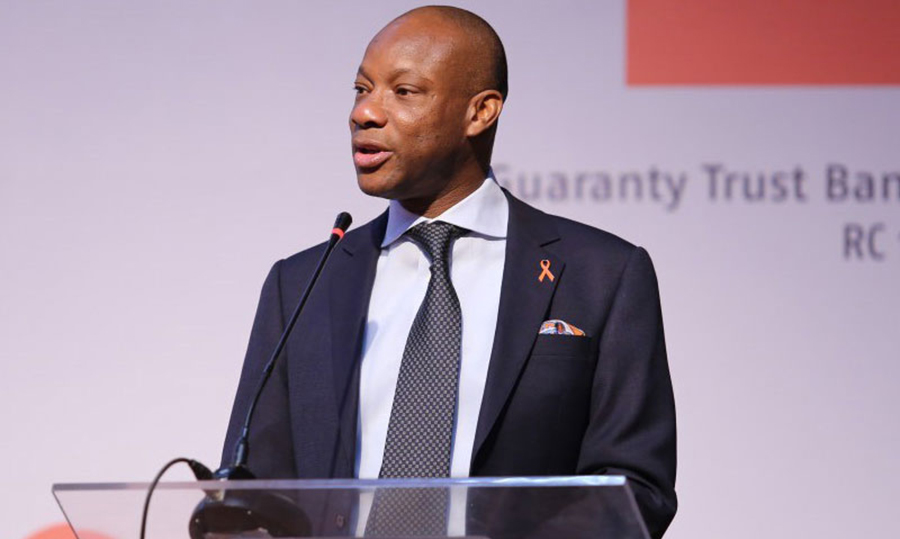Guaranty Trust Bank Plc has retained its market capitalization of N977.12 billion on the local bourse, after crossing the N1 trillion mark amid renewed buying interests in November.
- At the close of trade yesterday, the last trading session in the month of November, the market capitalization of the bank stood at N977,115,150,236.80.
- The shares of the bank closed at N33.2 per share, with total shares outstanding is 29,431,179,224.
The drive behind these gains
Buying interests in the shares of the bank were renewed as a result of the long-term fundamental strength of the bank, its impressive financial results in the third quarter of 2020, as well as, the expectations of the bank’s transition into a Holding Company structure.
A structure that will enable the bank to look into other businesses outside its core business segment, such as payment, asset management, and pension fund administration, in a bid to boost the company’s intrinsic value and returns to shareholders.
This reality and expectation, coupled with the optimism from the Covid-19 vaccines and the bearish state of the money market in the month of November, triggered buying interests in the shares of the bank, as the market capitalization of the bank crossed the N1trillion mark in November.
However, widespread profit-taking and portfolio rotation by institutional investors on NSE, led to the retracement of the bank’s market capitalization to the tune of N977billion to close below the trillion-naira mark in November.
(READ MORE: GTBank shores Nigerian stocks up)
What you should know
At the start of 2020, the widespread pessimism over the performance of equities due to the negative impact of the Covid-19 pandemic on the global economy and performance of equities in the global markets, which impacted the Nigerian Stock Exchange, triggered a huge sell-off on the local bourse in the month of March.
This development affected the valuation of companies on the Nigerian Stock Exchange, as their share prices declined markedly.
- During this period the share price of GT Bank plummeted, owing to the huge sell-offs by investors on the NSE.
- The market capitalization of the bank fell below N660 billion in March 2020 as a result.
- Market capitalization is the aggregate valuation of a company, based on its current share price and the total number of outstanding stocks.
- Market capitalization tells how much investors value a company, and gives an idea of what a company is worth on the stock exchange, as well as investors’ perception of a company’s future prospects.
